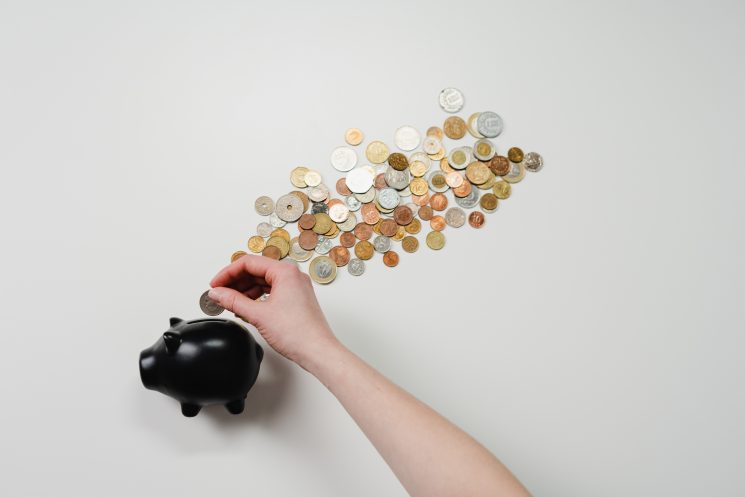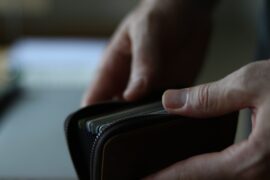Staying on top of your finances means securing your future and taking control of your daily life. The old adage that money gives you more freedom is certainly true. Money determines how we live and what we do, so being in control of your finances means you can do the things you’ve always dreamed of.
The trick is to become financially healthy and it’s a lot more achievable than it initially seems. From investing to making budgets, there is plenty of ways to improve your money situation and financial stability. Here is everything you need to know to take hold of your personal finances:
Make retirement a priority
A concerning statistic revealed that at least 17% of people aged 55 and over in the UK admit to having no private pension savings. The retirement money you save is the money you’ll rely on in the future when you haven’t got a salary coming in anymore so it’s important to take advantage of any company pension plans or retirement accounts.
If your place of work doesn’t offer a pension scheme, then consider opening up an Individual Savings Account (ISA). You can also seek advice from a tax guide which can help you save the maximum amount yearly in preparation for retirement.
Invest
A great way of making the most of your money is by investing it. You may initially feel like the reward isn’t worth the risk and while there are no guaranteed returns, you could make some big profits. Especially when it comes to a lifetime goal like retirement, it’s in your best interest to have a diversified portfolio that has the potential for growth and that’s where investing comes in.
If you’ve never invested before, you might not know where to start but there are plenty of beginner guides to investing you can use to get started.
Have a financial plan
A great way of providing a comprehensive overview of your financial situation is by constructing a financial plan. This reviews all your income and outgoings, from expenses, insurance payments, and taxes, to personal spending.
This shows you how the current state of your finances works towards your long-term goals and identifies areas where you could make some savings. You are then able to work towards a measurable financial goal and track your progress.
Put together an emergency fund
You can always count on life to be unpredictable and sometimes you have to pay out for unavoidable emergencies. This is where having an emergency fund comes in handy. Putting aside regular payments when you can into a separate account ensures you won’t be left out of pocket if an emergency happens.





